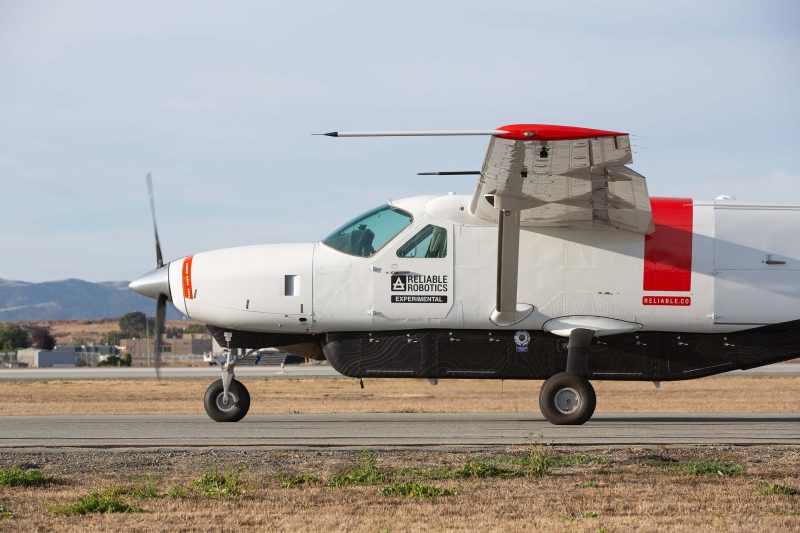ASL Aviation Partners with Reliable Robotics for Autonomous Flight Solutions
ASL Aviation Holdings has placed an order for 30 units of the Reliable Robotics autonomous flight system for the Cessna 208B Caravan.
The deal secures early delivery slots. ASL and Reliable have been working together since 2022 to bring advanced automation and remote piloting into ASL’s operations and have a shared goal of expanding the program to include additional aircraft types in the next 12 months.
“We are constantly developing and upgrading our capabilities to match and anticipate our customers’ requirements. Automating the Caravan with Reliable’s technology will enable ASL to deliver safe and reliable air cargo transport services at a lower operating cost to our express freight, postal and e-commerce retailer customers,” said ASL Aviation Holdings director Hugh Flynn.
ASL Aviation Holdings specializes in wet lease airline operations for major express freight, postal and e-commerce companies. The ASL group consists of eight airlines based in Europe, Asia, Africa and Australia, operating over 160 aircraft.
Reliable Robotics is an original member of ASL’s CargoVision forum of next-generation companies involved in pioneering new aviation and propulsion technologies.
“ASL and Reliable will work together to deliver automated air cargo services for the largest global buyers of air cargo capacity, in turn providing more goods to more people in more places. This will start with the Cessna C208B Caravan, and then we intend to bring advanced automation to a range of aircraft to meet industry needs,” said Myles Goeller, chief business Officer at Reliable Robotics.
The technology company said its autonomous flight system fully automates an aircraft through all phases of operation including taxi, takeoff, and landing, enabling it to be operated by a remote pilot in a ground control station.
Reliable explained its system is aircraft agnostic and utilizes multiple layers of redundancy and advanced navigation technology to improve safety and achieve the levels of integrity and reliability necessary for uncrewed flights.
The company added its system will help prevent controlled flight into terrain (CFIT) and loss of control in flight (LOC-I), which account for most fatal aviation accidents.










